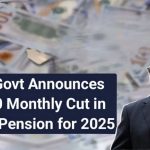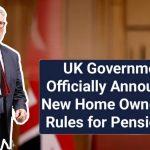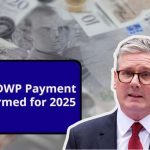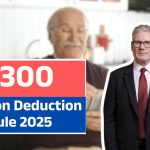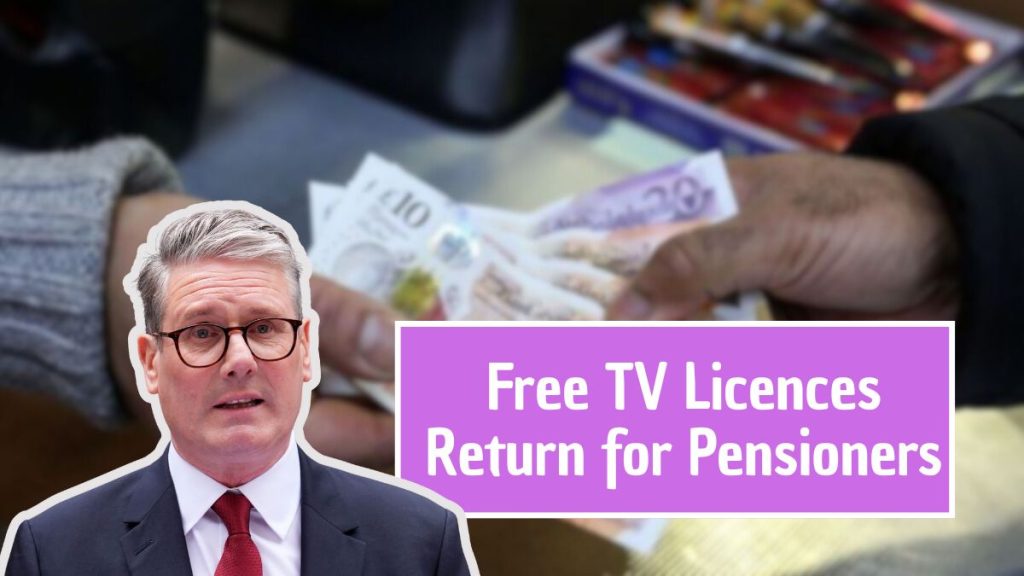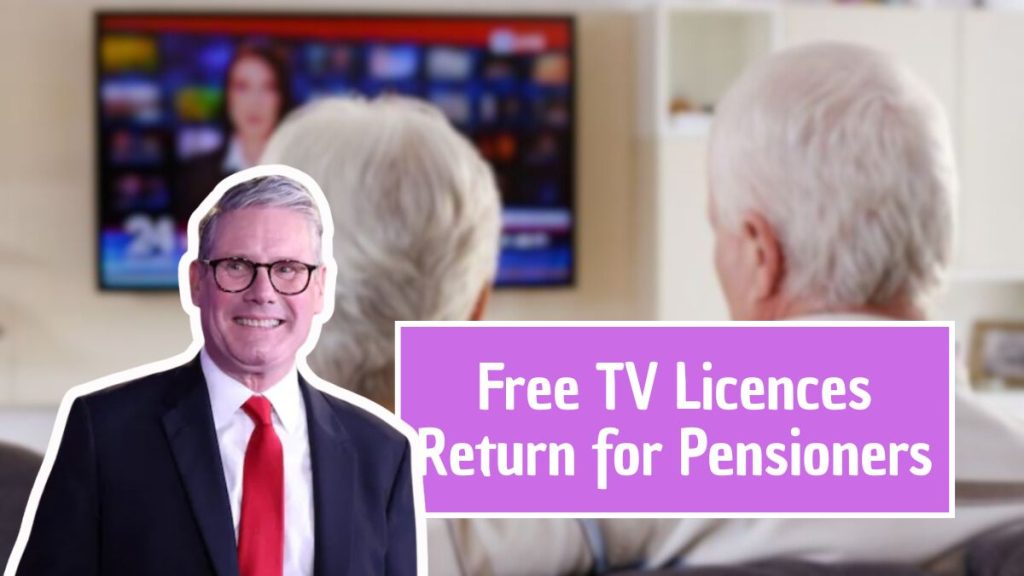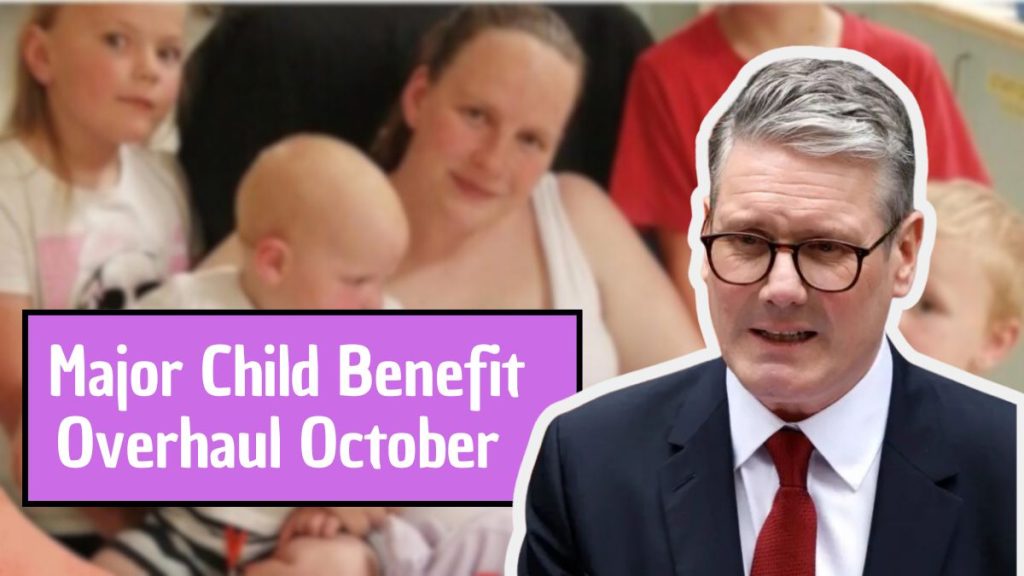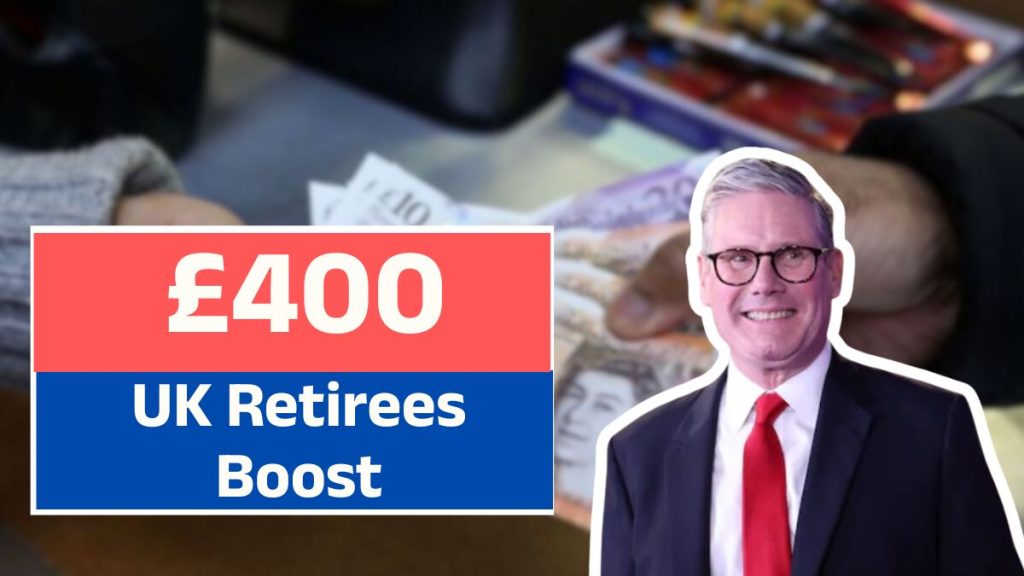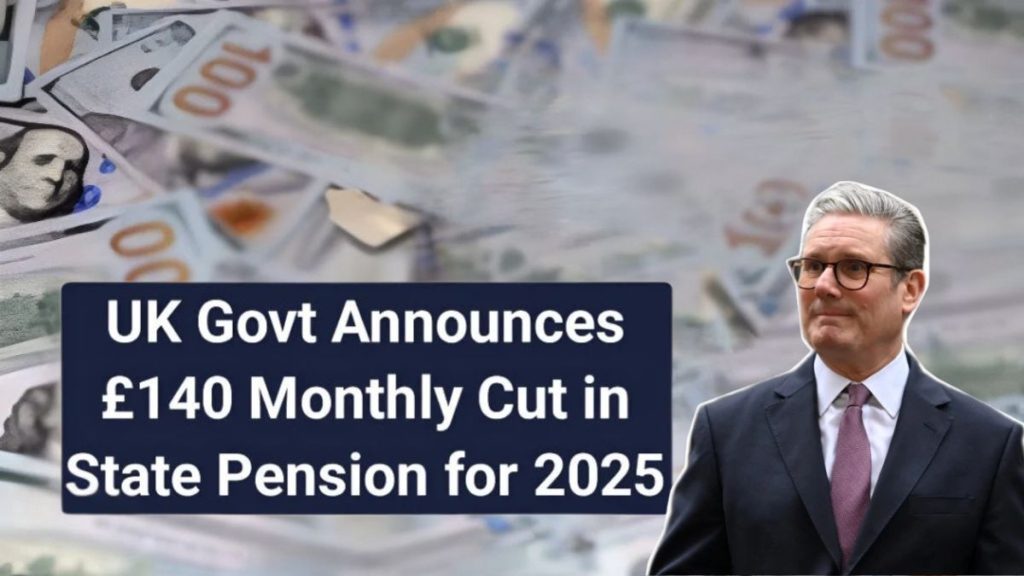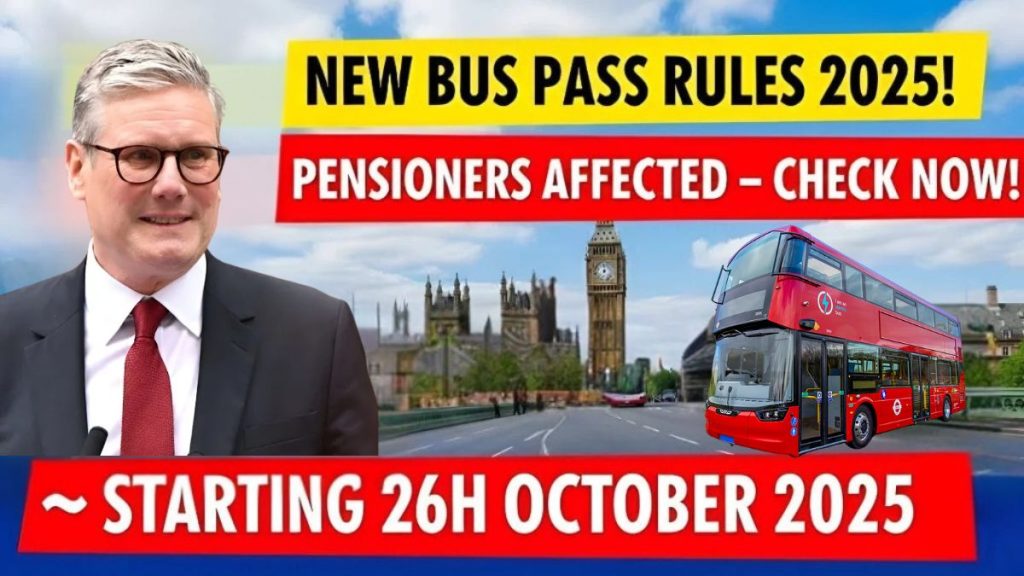In a long-awaited decision, the UK Government has confirmed that free TV licences for all pensioners aged 75 and over will be reinstated from April 2026. The announcement ends years of debate and frustration since the benefit was scrapped in 2020 and shifts responsibility back from the BBC to the government.
The move has been hailed as a landmark step in pensioner welfare, comparable to the introduction of Winter Fuel Payments. It aims to relieve financial pressure on retirees at a time when energy, food, and housing costs continue to climb — while reaffirming the government’s commitment to dignity and support for older citizens.
Why the Government Decided to Reinstate Free TV Licences
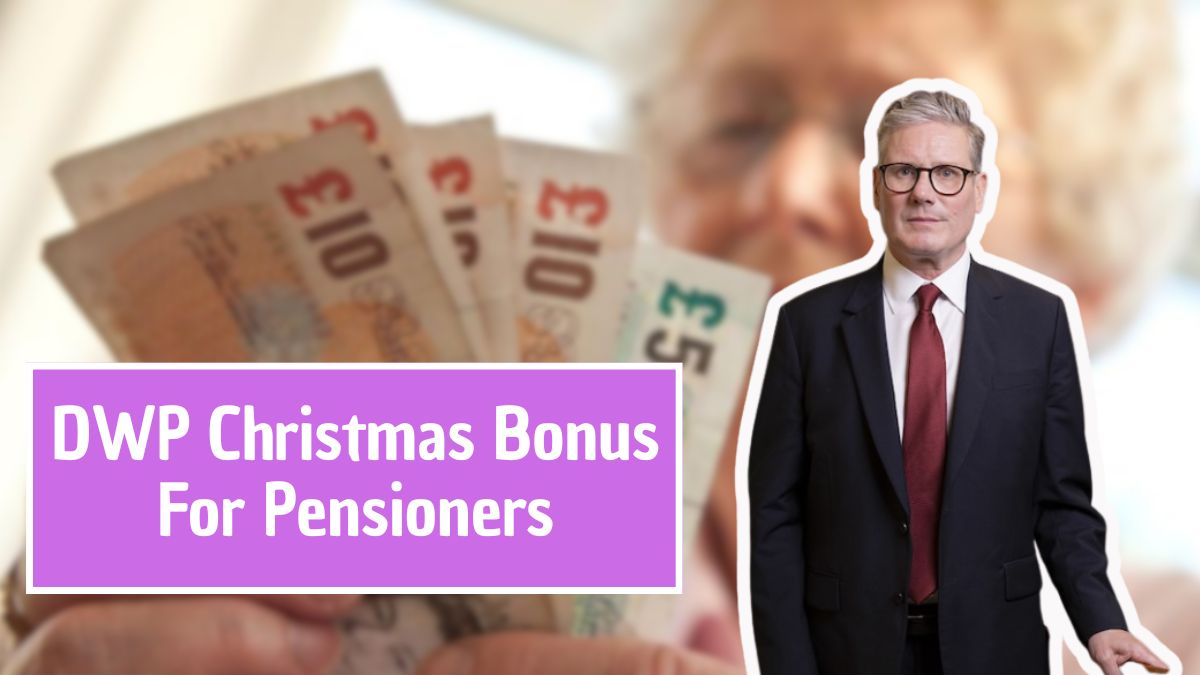
The return of free TV licences follows years of public pressure, petitions, and criticism from advocacy groups and charities. When the policy ended in 2020, millions of over-75s were forced to start paying the £159 annual TV licence fee, leading to widespread backlash.
Charities such as Age UK and the National Pensioners Convention campaigned relentlessly, arguing that removing the benefit was both unfair and isolating for elderly citizens — especially those living alone or on limited incomes.
The government acknowledged that with rising living costs, many pensioners were struggling to afford even basic household bills. For them, television is not a luxury but a lifeline for information, entertainment, and companionship.
Responding to these concerns, ministers have now formally agreed to restore the universal free TV licence scheme, ensuring no pensioner is left behind.
What the Government Has Officially Announced
The Department for Culture, Media and Sport (DCMS) confirmed that starting April 2026, all UK residents aged 75 or above will again qualify for a free TV licence.
Key features of the new policy include:
- Automatic qualification for all residents aged 75 or over.
- Coverage of all live TV and BBC iPlayer content.
- No annual reapplication — eligibility will be verified automatically using National Insurance and DWP records.
- Full government funding for the scheme, ending BBC’s financial responsibility.
This marks a complete reversal of the post-2020 system, which limited free licences only to pensioners receiving Pension Credit.
How Many Pensioners Will Benefit
Government projections indicate that around 4.3 million pensioner households will now benefit from the reinstated scheme.
When the previous policy ended in 2020, roughly 3.9 million pensioners lost access to free TV licences — sparking one of the most significant public campaigns in recent welfare history.
Reintroducing the scheme is expected to inject an estimated £650 million annually into pensioners’ disposable income — a meaningful financial relief at a time when every pound counts.
How to Claim the Free TV Licence
According to official plans, the process will be automatic and simple, avoiding unnecessary paperwork.
Here’s how it will work:
- Automatic enrolment: Pensioners aged 75+ will be automatically verified through DWP and HMRC data.
- Notification letter: Eligible individuals will receive a formal letter confirming their entitlement.
- Refunds for existing payers: Those currently paying will automatically receive a refund or credit when the scheme begins.
- Proof of age for new claimants: Pensioners turning 75 shortly before the rollout may be asked for basic identification during the initial setup.
Officials emphasise that no separate application form or digital registration will be required, making the process straightforward even for those unfamiliar with online systems.
Reaction from Pensioners and Advocacy Groups
The decision has been met with relief and celebration across the country. For many older citizens, it represents not just financial help but a moral victory.
Caroline Abrahams, Charity Director at Age UK, welcomed the announcement, saying:
“This is a long-overdue correction. The free TV licence is more than just financial assistance — it’s about inclusion, respect, and the recognition of older people’s contributions to society.”
Pensioners’ groups have called the move a “victory for fairness”, while many individuals who campaigned since 2020 described the announcement as a “return to common sense.”
However, some political observers suggest the timing — less than a year before the next general election — could also have strategic motivations.
What the BBC Has Said About the New Scheme
The BBC, which had been funding and administering the free licence programme since 2020, has publicly welcomed the government’s decision to take back responsibility.
In an official statement, the broadcaster said:
“We are pleased to see a sustainable solution that supports older audiences without compromising the quality and scope of BBC services.”
This policy shift will relieve the BBC of nearly £250 million in annual costs, allowing it to redirect funds toward programming, regional reporting, and public broadcasting improvements.
Why Television Is So Important for Older Citizens
Television remains the most-used medium among pensioners in the UK. Studies by Ofcom show that nearly 94% of older adults watch live television daily.
For many, TV serves as a primary source of news, education, and companionship — particularly for those who live alone or are less connected to digital platforms.
During the COVID-19 pandemic, television became an essential tool for maintaining mental well-being and social connection, making the free licence not just a financial benefit but a symbol of care and community.
Financial and Social Impact of the Decision
The Treasury estimates that funding the free TV licence programme will cost approximately £650 million annually.
While some economists question whether this level of spending is sustainable amid broader fiscal pressures, government ministers argue that the social value far outweighs the cost.
According to policy analysts, the scheme will help:
- Reduce loneliness among elderly citizens.
- Ease financial strain on low-income retirees.
- Promote social inclusion, especially among those without internet access.
The Chancellor defended the decision, stating that investing in pensioner wellbeing is “an investment in dignity and social cohesion.”
Political and Public Response
The policy has become a major talking point in Westminster. While opposition parties have cautiously welcomed the announcement, they criticised the government for “taking four years too long” to fix what they call an unnecessary mistake.
Public response, on the other hand, has been overwhelmingly positive. On social media and forums, pensioners and their families described the move as a “return to fairness” and a “promise finally kept.”
Polls conducted shortly after the announcement indicate that more than 80% of UK adults support the return of the free licence for over-75s.
Challenges Ahead for the Rollout
Although the reform is widely welcomed, experts warn that the rollout must be handled carefully to avoid administrative delays or confusion.
Key challenges include:
- Synchronising data between the BBC, DWP, and TV Licensing Authority.
- Preventing fraud or false claims through improved verification.
- Ensuring accessibility for elderly citizens unfamiliar with digital communication.
The government has promised that the process will be “clear, automatic, and secure.”
What Pensioners Should Do Now
For now, pensioners are advised to continue paying their current licence fees until the new scheme officially begins in April 2026. Refunds will only be processed after the rollout date.
Before that:
- Ensure personal details (age, address, and National Insurance number) are accurate and up to date with the DWP.
- Watch for official letters or emails from TV Licensing — these will be legitimate communications.
- Avoid scams — government communications will only come from “TV Licensing” or “GOV.UK”, never from private third parties.
Broader Context: A Renewed Focus on Pensioner Support
The reinstatement of free TV licences forms part of a wider set of pensioner-friendly policies, including:
- The continuation of the Triple Lock for State Pension increases.
- Expanded Winter Fuel Payment support.
- Adjustments to Pension Credit to help low-income retirees.
Together, these initiatives reflect a renewed political focus on ensuring that pensioners are protected, respected, and supported in later life.
Expert Opinion: Balancing Fairness and Fiscal Responsibility
While economists caution that funding such programmes adds to government expenditure, most experts agree that the social benefits justify the investment.
Dr. Helen Murray, a social policy researcher, said:
“This is not just about TV — it’s about social inclusion. Giving older citizens a sense of dignity and participation has measurable benefits for mental and physical health.”
She added that supporting pensioners also strengthens public trust, which has been strained during years of austerity and welfare cutbacks.
FAQs on the Return of Free TV Licences for Pensioners
1. When will the free TV licence return for pensioners?
The free TV licence for pensioners aged 75 and over will return from April 2026.
2. Who qualifies for the free TV licence?
All UK residents aged 75 or older will automatically qualify, regardless of income or Pension Credit status.
3. Do pensioners need to apply for the free licence?
No. The process will be automatic, with eligibility verified through DWP and National Insurance records.
4. Will pensioners already paying get a refund?
Yes. Those currently paying for their TV licence will automatically receive a refund or credit once the scheme starts.
5. Why did the government decide to bring back free licences now?
The decision was driven by rising living costs and public demand to support pensioners who rely on television for information and companionship



